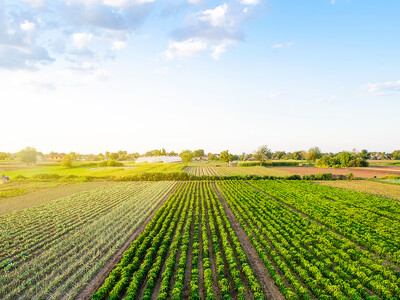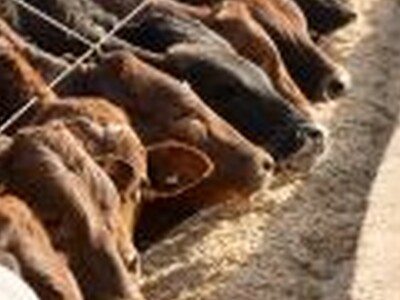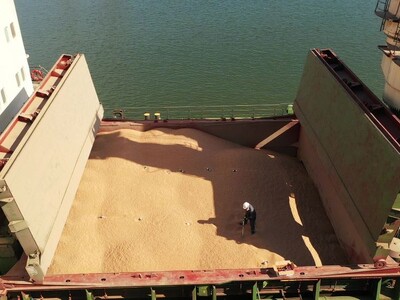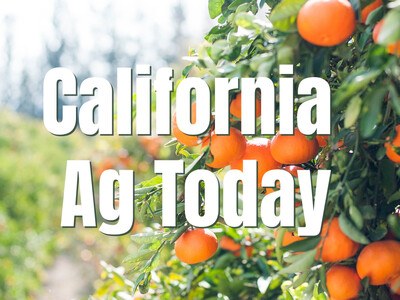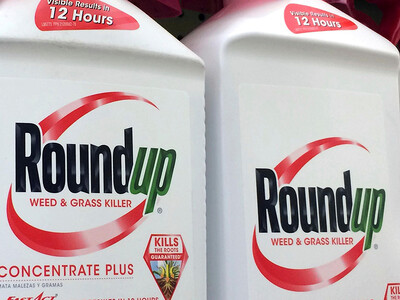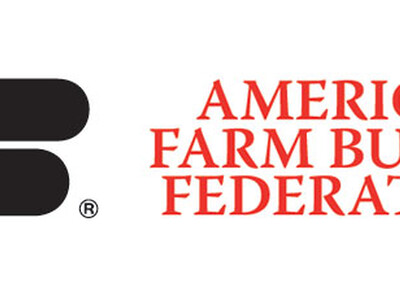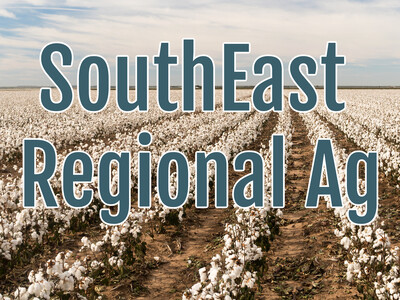Feeding Farmed Salmon
The Global Salmon Initiative (GSI) published its Annual Sustainability Report documenting an environmental and nutritional profile of farm-raised salmon. Sophie Ryan, GSI CEOKey trends:
A 50% reduction in the use of antibiotics over the past 7 years, which can be attributed to the improvements in antibiotics stewardship, disease control and fish welfare of GSI members
A shift towards a more holistic approach to preventing and managing sea lice has resulted in a 50% decrease in medicinal use, and a 130% increase in non-medicinal approaches since 2013
Continuing efforts to accelerate availability and uptake of alternative responsible feed ingredients, such as novel oils (algae and canola crops) and fish by-products, are supporting a growing industry to reduce its dependence on marine ingredients.
When compared with other animal proteins, farmed salmon represents an environmentally conscious choice, with a lower carbon footprint, requiring less land, and more efficient use of salmon





